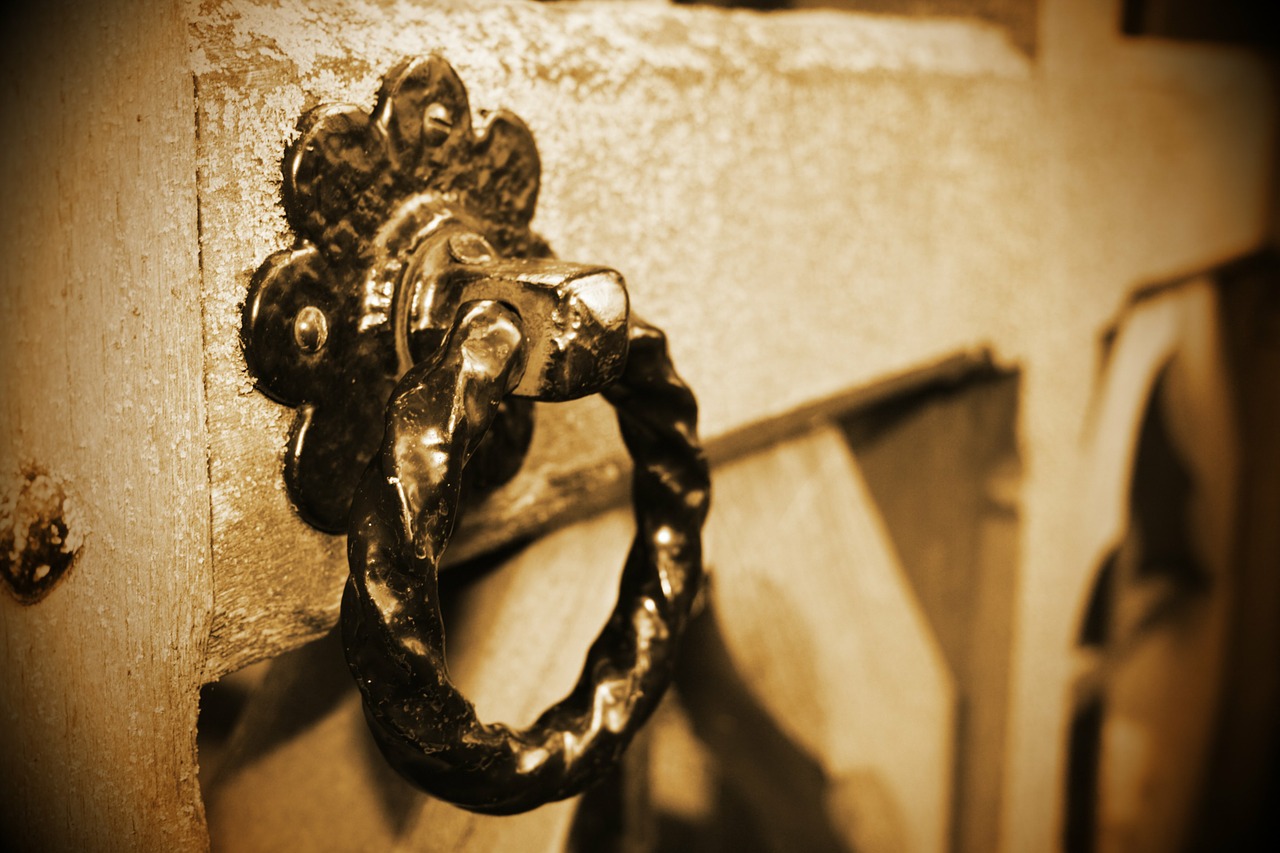
How to pray when the answer is already no: A primer
I recently finished a memoir, Mothers of Sparta by Dawn Davies. It is a hauntingly beautiful book, so beautiful that I found myself immediately going back to re-read my favorite bits and pieces as soon as I hit the last page. (I am a serial, progressive reader. I never, ever do this.) I read every word of the acknowledgments, just to squeeze out a little bit more of her captivating writing for myself, like the last gobs of toothpaste from the tube.
I read this book in the context of some Hard Things happening lately, for our family and for our friends. And it’s also in the context of a much larger thing that used to be hard but with which I have made my peace. I haven’t told most people about that thing yet.
Here it is: Jesus himself told me Oscar will not be healed.
(Sorry-not-sorry to any of you reading along who have never had an experience of prayer where you clearly received an answer that was not from inside yourself. I have, and I did, and that was it.)
For a long time after that answer, I refused to speak to Jesus anymore at all. What I realize now is that, while I was praying for Oscar to be made whole, Jesus was telling me he already is. Oscar is already whole: wholly, exactly, perfectly who God created him to be. Our job is not to “fix” him. Our job is to help the person Oscar already is to flourish on this earth and to fulfill his mission.
Another way of saying that is that our job is to cooperate with God’s will for Oscar.
Not to needle and pester God into giving us OUR will for Oscar.
This has been coming up a lot lately in desperate situations where it seems preposterous that God would not WANT to grant the obvious relief so sorely needed, so painfully begged. These are the situations that have caused people since the dawn of time to ask: “How can a benevolent God allow such a thing to happen?”
Davies discusses her teenage son at length in the chapter of her memoir that shares its title with the book. He has not been diagnosed as a sociopath, but only because he is not yet an adult. By any reasonable measure, he fits all the criteria. He has been lovingly brought up in a stable two-parent home since early childhood, when Davies married his stepfather. His siblings and step-siblings are all well-adjusted, competent, mentally healthy adults. And yet, this son, along with his cleft palate and brain damage and autism, struggles with shocking and, frankly, frightening obsessions and addictions that may eventually put innocents in harm’s way, “because he feels like it.” He has no impulse control, and he cannot ever be unsupervised during his waking hours.
Short of a Biblical miracle of the instantly-vanishing-leprosy variety, it seems pretty clear that Davies’ dreams for her son’s life are getting a flat “no” from God. But… why? Where does that leave Davies, her husband, her other children who fled home as quickly as they could? Where does it leave her son?
Another friend of mine had a door slammed on a dream, a path for healing for her own suffering child, a dream she had cherished for years. Just when it seemed that God was, at long last, clearing the path for that dream to come true — after that child fully believed, with childlike simplicity and faith, that this was going to happen — no. No, it’s not.
So, how do we pray for those who are suffering without asking for them to be healed, per se? How do we pray for relief without demanding that the entire problem be “fixed”?
How do we continue to pray in the face of a clear “no”?
I have two answers for this.

And he said to them, “Which of you who has a friend will go to him at midnight and say to him, ‘Friend, lend me three loaves; for a friend of mine has arrived on a journey, and I have nothing to set before him’; and he will answer from within, ‘Do not bother me; the door is now shut, and my children are with me in bed; I cannot get up and give you anything’? I tell you, though he will not get up and give him anything because he is his friend, yet because of his importunity he will rise and give him whatever he needs.
Luke 11:8
The first is to keep asking anyway. In the parable of the persistent friend (Luke 11:5-8), a man knocks on his neighbor’s door at midnight asking for bread. He is turned away flatly, but he knocks again. He is given the bread, not because of their friendship, but because of the man’s importunity or persistence. (The Greek anaideia should actually be translated something more like shamelessness. Strong’s concordance also suggests “unembarrassed boldness,” an image I truly love. Just leave it all on the table.) God is all-powerful, and even impossible things are possible for him. So… you know, it never hurts to keep trying, long past the point of reason. We still pray for Oscar to be healed, and so do our friends and family.
The second is to pray differently. There is a common misconception, sometimes tacit and sometimes right out in the open (o hai, prosperity gospel), that prayer is asking God for what you want. This kind of prayer is called “petitionary” prayer, and it has its place in a well rounded prayer life. But it’s only one piece of the puzzle.
Prayer is also how we adore God simply for being God, and thank and praise him for what he’s already doing in our lives. More importantly, prayer is how we listen to God, in order to bring ourselves into alignment with his plans for us, not the other way around.
In addition to healing for Oscar, here are some other things we pray about related to him on a regular basis:
- In thanksgiving for the gift that is his life, and all the ways he has impacted everyone he has ever met (and many he hasn’t met)
- In praise of the many miracles of healing and consolation he/we have already received
- In thanksgiving for the health of the rest of our family
- In thanksgiving for the means to afford his care
- For wisdom for his medical team
- For strength to meet the challenges of caring for him
- For peace and patience amid uncertainty, stress, and frustration
- That we can help Oscar know, love, and serve God and fulfill his particular mission on this earth, in his particular way
- For God’s will to be done, and for the grace to accept that will
Some of those are still petitionary, but in a way that’s tangential to the Main Thing We’re Really Asking. God hears every prayer, and answers every prayer, though not always in the exact way we prefer or expect. I thought our pilgrimage to Lourdes was about healing for Oscar — which it was, in its way. But the true miracle of that trip was spiritual healing for me and Todd.
Before we left, I would have argued that that miracle was equally impossible. To be standing in a place where I have regained peace and trust is an unexpected and precious gift that has changed absolutely everything about the way I approach the rest of my life, the care of our entire family. I can already foresee that it may have a much larger impact, in the long run, than healing Oscar flat out might have done.
This is not a simplistic “God never closes a door without opening a window” speech. It’s just a reminder that a negative (or absent) response, even to our most heartfelt and hopeless desires, does not have to mean the end of a relationship with God, as I once thought it did. It’s a call to rethink what we are asking, and why, and to trust that God loves us no matter the answer. It’s a call to (ahem) deepen.
And then, it never hurts to ask again anyway.
